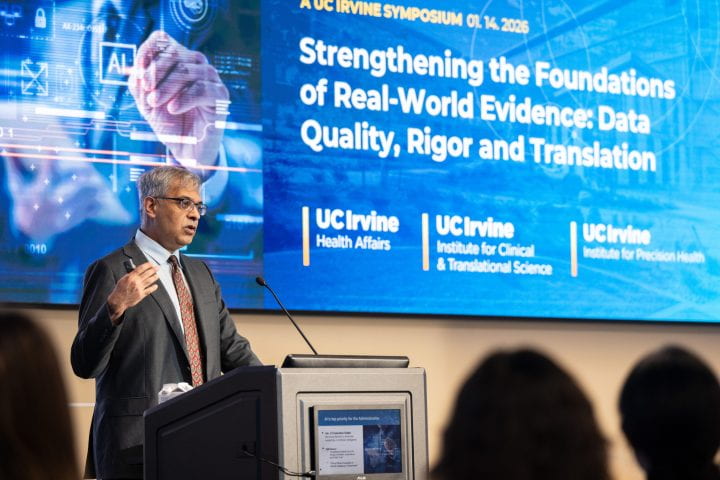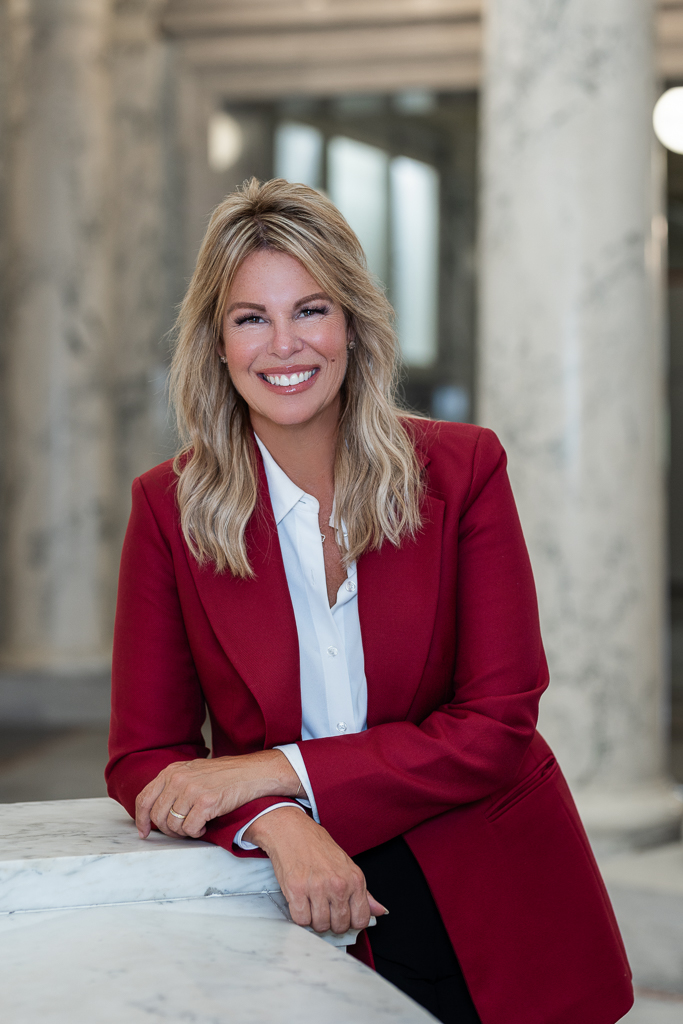A recent exchange in the Honolulu Star-Advertiser has highlighted the ongoing debate over climate change, particularly the role of human activity in driving environmental shifts. In a piece published on November 2, 2023, Chip Fletcher, the dean of Ocean and Earth Science and Technology, asserted that human actions are the primary cause of climate-related issues. His article, titled “No debate: humans cause climate woes,” received a swift response from a skeptic affiliated with the Practical Policy Institute of Hawaii, who sought to challenge Fletcher’s position in a letter published on November 9, 2023.
The skeptical letter criticized Fletcher’s claims and suggested that climate change could largely be attributed to natural variations rather than human influence. This argument, however, has been widely discredited by the scientific community. Many experts point to overwhelming evidence, including reports from the Intergovernmental Panel on Climate Change, that firmly establish the link between fossil fuel consumption and climate disruption.
Fletcher’s brief article, while impactful, could not encompass all the critical data available from extensive climate research. The response from the Practical Policy Institute appears to downplay the consensus among scientists and frame political opinion as equivalent to scientific evidence. This tactic, which relies on misinformation, not only undermines the credibility of established climate science but also poses risks for future generations as urgent action becomes increasingly necessary.
Daniel Chung, a concerned reader from Palolo, expressed frustration with the continued propagation of what he described as “anti-science propaganda.” He emphasized that the debate should not be about political opinions but rather about the substantial, verified data that highlights the urgency of addressing climate change.
The Honolulu Star-Advertiser encourages public discourse on such essential issues, inviting readers to share their perspectives through letters to the editor. The publication emphasizes the importance of clarity and brevity, welcoming letters up to 150 words and guest columns of 500 to 600 words. This engagement reflects a commitment to fostering informed discussion.
As the dialogue around climate change continues, it remains crucial for discussions to be grounded in scientifically verified information, ensuring that the future is approached with a clear understanding of the challenges at hand. The stakes are high, and the need for accurate representation of climate science has never been more urgent.







